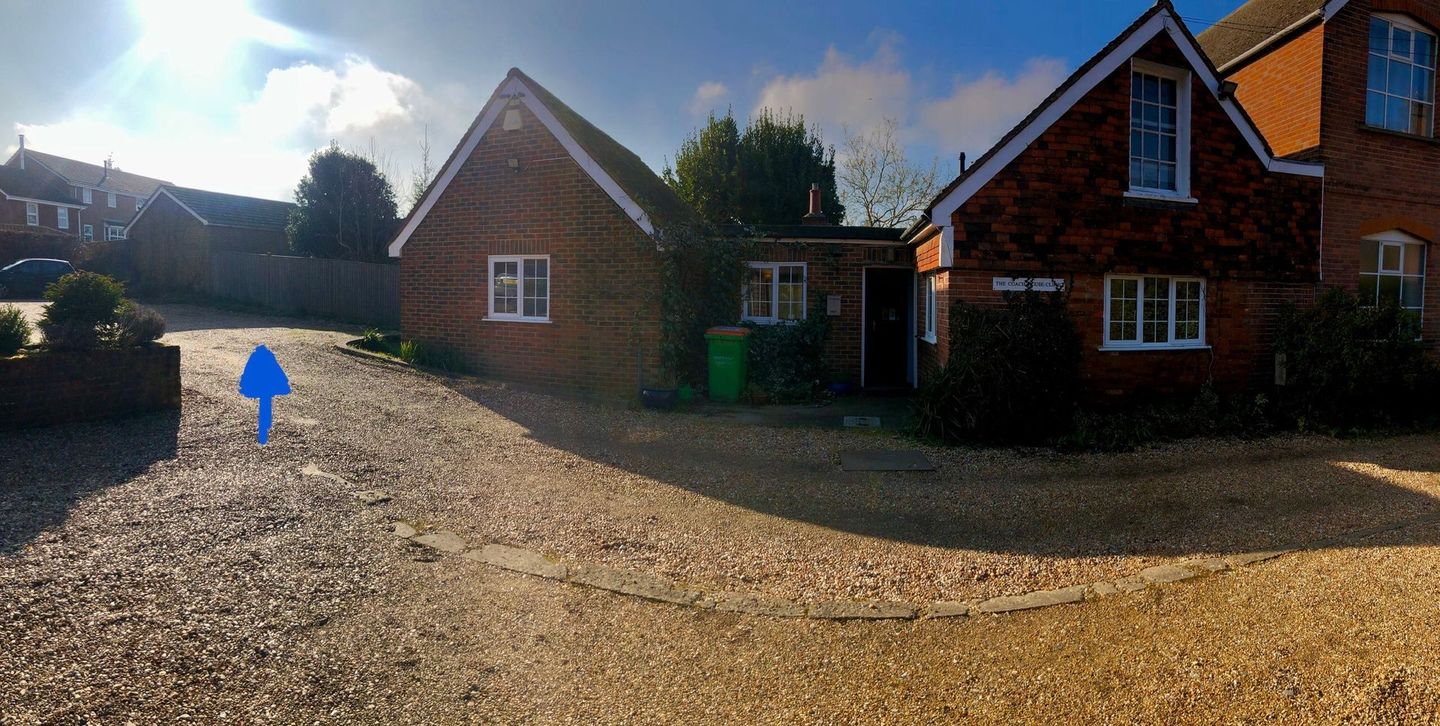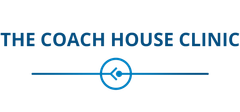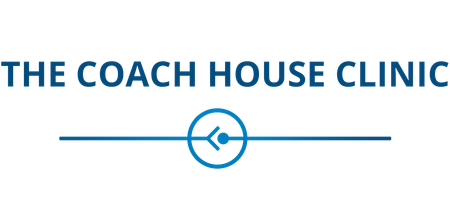THE COACH HOUSE CLINIC
Contact
If you would like to book an appointment, find out more about any of our treatments, or have any other general enquiries, please get in touch with us.
We look forward to welcoming you to The Coach House Clinic!
By Phone
By Email
By Location
155 High Street, Tenterden, Kent, TN30 6JS
By SOCIAL MEDIA
Send us a message
We will get back to you as soon as possible.
Please try again later.
We have parking spaces for you to use when you visit the practice (as shown in picture)

Find answers
FAQs
Osteopathy
-
Why choose osteopathy?
Osteopathy can help increase joint mobility, relieving tight muscle, help reduce pain, increase blood supply which aids in the healing process of the body.
-
Will the treatment hurt during and after?
During the treatment our osteopath may need to create a bit of soreness and discomfort to allow mobility to happen. However, if anything is too uncomfortable make the practitioner aware and less pressure will be applied. After the session, we generally see an increase in soreness and discomfort for around 24hrs to 72hrs, as it takes that amount of time for the body to settle after a treatment.
-
How long will the session last?
Your first visit will last approximately 1 hour as a full case history in needed in order to understand the issue, past medical history and general health. All your visit after will last approximately 30 minutes.
-
How many sessions do I need?
This all depends on the presenting condition; everyone is different and may need more or less sessions. Our osteopath usually gets a better idea on the amount you may need by your second session on depending on the response after treatment.
-
What will happen during my osteopathic session?
During your first session, you will be asked a series of questions about your main concern. We will also go through past medical history and general health to ensure you are safe to treat. The osteopath will then perform a full examination, so that working diagnosis can be made. This will be explained to you along with the best treatment approach. Feel free to ask questions throughout the process. You will then be given a treatment if appropriate.
Acupuncture
-
Does it hurt?
Acupuncture needles are very fine – much finer than hypodermic
-
Is it safe?
All needles are sterile, single-use disposable needles. I abide by the strict hygiene procedures set by the British Acupuncture Council. Acupuncture is suitable for men, women and children and can be used safely alongside Western medicine.
-
How many sessions will I need?
In some cases patients react very quickly to acupuncture and only 1 or 2 treatments are needed. Other long term chronic conditions may need treatment for several months. Usually a course of treatments is recommended. Often people coming for one particular condition may find that other problems, not so prominent, have cleared up in the meantime. Many people have acupuncture treatment regularly to maintain good health throughout the year.
-
What conditions can it treat?
People often seek acupuncture for conditions such as:
- Back and joint pain
- Headaches and migraines
- Stress
- Anxiety and depression
- Tiredness and sleep problems
- Digestive disorders
- Respiratory problems
- Allergies
- Chronic fatigue syndrome (M.E)
- Menstrual and menopausal problems
- Fertility and IVF
- Many other acute and chronic conditions which may not be listed above
-
How long does a treatment last?
Your first treatment may take up to 1 1/2 hours as it includes a free consultation, follow-up treatments will be approximately 40 minutes.
-
What happens in a treatment?
To gain a thorough understanding of your main complaint and your general health involves asking questions about your current symptoms and your medical history, as well as such things as your sleeping pattern, your appetite and digestion, and your emotional wellbeing. Women are also asked about their menstrual cycle, any pregnancies, and childbirth.
An examination of the tongue and taking the pulses on both wrists is part of the treatment diagnosis. You might feel that some questions appear unrelated to your condition but the information you give helps to form a more complete picture of your health.
-
What happens after the treatment?
You may feel a little tired or sleepy and should take this into account if you are planning to drive or use heavy machinery straight after your treatment.
Some people on the other hand feel quite energised.
You should refrain from vigorous exercise after treatment and, ideally, give yourself a little time to rest. It is also advisable not to drink alcohol for several hours after treatment.

